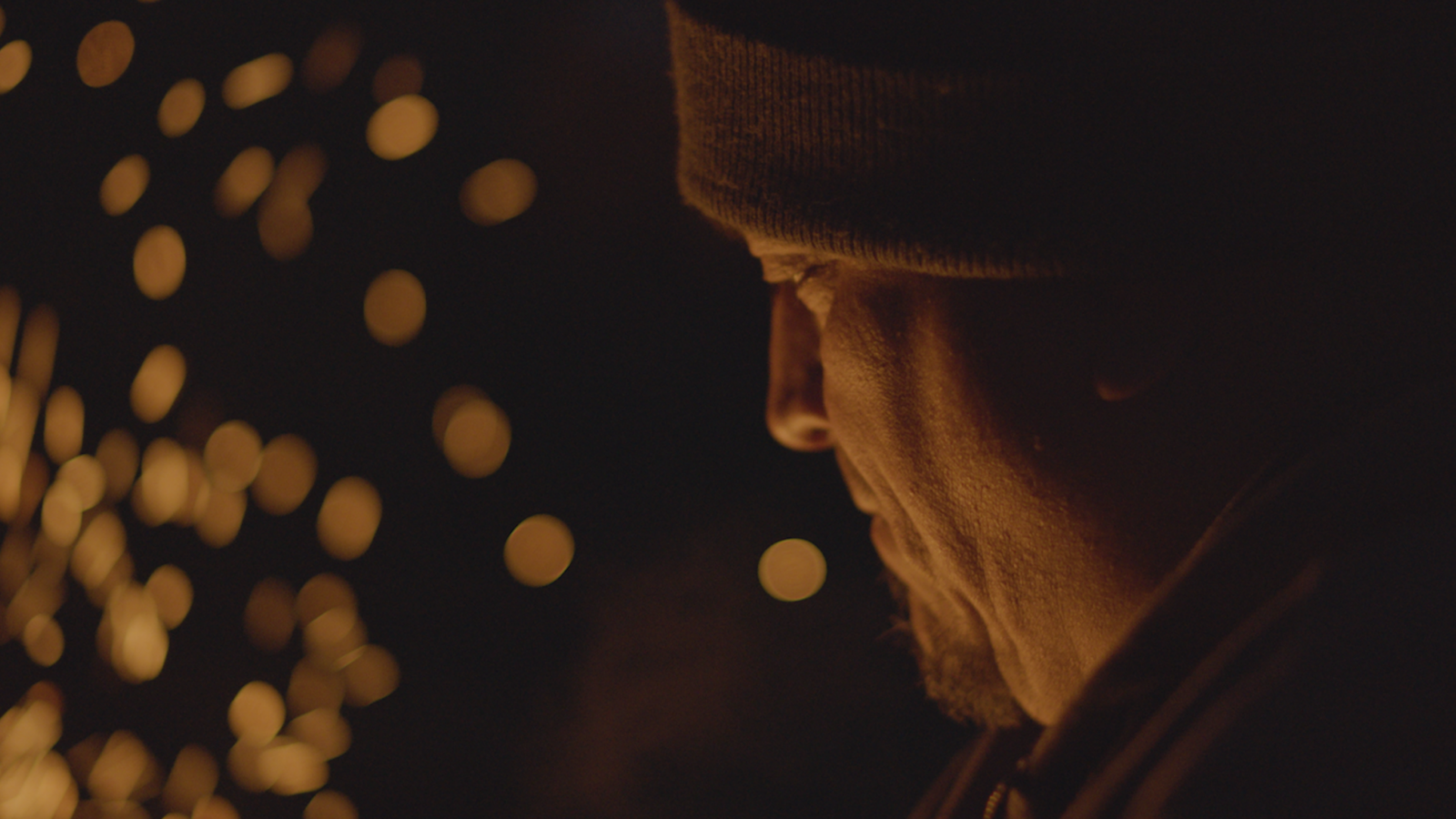As a child, Sammy Rangel suffered unthinkable violence: bone-breaking physical abuse by his mother, who also allowed him to be sexually abused by another family member. Sammy fled his home at age 11 and spiraled into a brutal life of crime, homelessness, and imprisonment, where he perpetuated the vicious cycle by becoming a violent prison gang leader. It was only when a prison therapist said to Sammy, “I can see that you’re suffering” that he broke down and began to undergo a life-changing psychological and emotional breakthrough that led him on the road to forgiveness.
Sammy’s remarkable journey to healing is the subject of a powerful short film titled “The Meaning of Forgiveness,” that is part of TakeCare, a national initiative rooted in science that provides the reflection, motivation, and implementation to inspire people to create health and well-being in their lives. As someone who has studied the concept of forgiveness, I was honored to be Health Advisor to the film to help share the important message about the power of forgiveness.
When I first saw Sammy, he had been in and out of prison multiple times for violent gang-related crimes. When he spoke about his past, I saw that he felt strongly that his mother did not deserve forgiveness. He held tight to his explosive anger, which prevented him from moving forward from his past trauma. But Sammy learned something important – forgiveness can be healing.
Many people confuse forgiveness and reconciliation; but forgiveness does not mean forgetting the past or even creating a new relationship with someone. Forgiveness helps us overcome resentment so we can live a more peaceful life. Forgiving another person for deep unfairness can help restore our own health and well-being.
Forgiveness Heals the Mind and Spirit
Scientific research documents the power of forgiveness. My team and I have conducted studies and worked with survivors of trauma, including incest survivors, people in residential drug rehab programs, and men in maximum security correctional institutions. We have found that when people are willing to forgive, they can significantly reduce their anger, anxiety, and depression.
Taking the first step towards forgiveness is often very difficult, so I recommend breaking it down into four steps which can take time and effort: the uncovering phase, the decision phase, the work phase, and the discovery phase.
Step 1: Uncovering the Impact of Trauma
In the uncovering phase, the goal is to look at the effects of the injustice committed against us. Most people are not fully aware of how a trauma-induced emotional state affects them. Symptoms of this include fatigue, discouragement, low self-esteem, and pessimism. When Sammy was in this phase, he reflected on his past behaviors and realized, “I would imagine my mom, and I would just take all that rage out on (other) people, for no reason sometimes.” “Uncovering” enabled Sammy to fully confront the root of his anger, and to use this new knowledge as motivation to enter the next phase – the decision phase.
Step 2: Making the Decision to Forgive
In the decision phase, people will decide whether they want to forgive. I start by defining the difference between forgiveness and reconciliation, clarifying that to forgive does not mean to actually mend the relationship. If a person says, “Yes, I want to move forward with forgiveness,” I ask the person to “do no harm” to the one who offended. I ask this because continued insults or revenge-seeking can sabotage the process of forgiveness. If a person chooses not to forgive at that time because they need to process their feelings or because they believe the actions are unforgivable, we must accept that. We can come back to this process if and when they are ready.
Step 3: Putting in the Work
In the work phase, we hit what I call the “forgiveness gym,” and start to become forgivingly fit. We conduct forgiveness exercises. There are three different types: the personal, global, and cosmic perspectives.
The personal perspective looks at the history of the one who hurt you (if you know their history). It examines how that person had been treated unfairly, abused, hurt, or stumbled in life. Then we go to the global perspective, which asks the person to consider how they share a humanity with the one who hurt them. The cosmic perspective is only applied for those who have a transcendent or spiritual perspective. Let’s say someone is a believer in God; we would ask, “Are you made in the image and likeness of God? And is the person who wronged you made in the image and likeness of God?”
When you put all these perspectives together, you see that you share woundedness, you share inherent worth, and you share that you’re both made in the image and likeness of God.
Sammy used the “empty-chair” technique when he was asked to imagine his mother sitting in a chair and trying to explain herself. The only thing he could imagine her saying was “I’m sorry.” Sammy wanted her to apologize, not because an apology could erase her actions, but because it would confirm the unspoken reality of the abuse and would acknowledge his suffering. In that moment, he decided that forgiving her for her actions would let him move forward.
Step 4: Discovering New Meaning
Finally, in the discovery phase, we find new meaning in what we have suffered, and we become more open to others’ suffering as well. At this stage, we can begin to move forward and find a new purpose in our lives.
Towards the end of the film, Sammy shares his realization, “You can either be trapped in your past, or rooted in a positive ‘now’ for the future.” He finds a way to fully process his emotions, and not only move past them, but use what he learned for good.
Sammy went on to receive both bachelor’s and master’s degrees while in prison, and he is now a practicing social worker and a loving father to two beautiful girls.
Changing Our Futures
Today, Sammy shares, “It’s within our power to change what these things mean. If all they mean is trauma, that’s all they will ever be.” Forgiveness is a tool we can use to reclaim who we are at our core and to create the life we want to live. It will not happen overnight, but by working through forgiveness step by step, we can achieve physical, mental, spiritual, and communal well-being.
Through forgiveness, we can rediscover ourselves.
You can also read this blog on TakeCare.

Dr. Robert Enright served as the Health Advisor for TakeCare’s short film, “Forgiveness.” He holds the Aristotelian Professorship in Forgiveness Science in the Department of Educational Psychology at the University of Wisconsin-Madison. He is the founder of the not-for-profit organization, the International Forgiveness Institute that develops forgiveness curricula for children and adolescents. These curricular materials have been requested by educators in more than 30 countries of the world.


